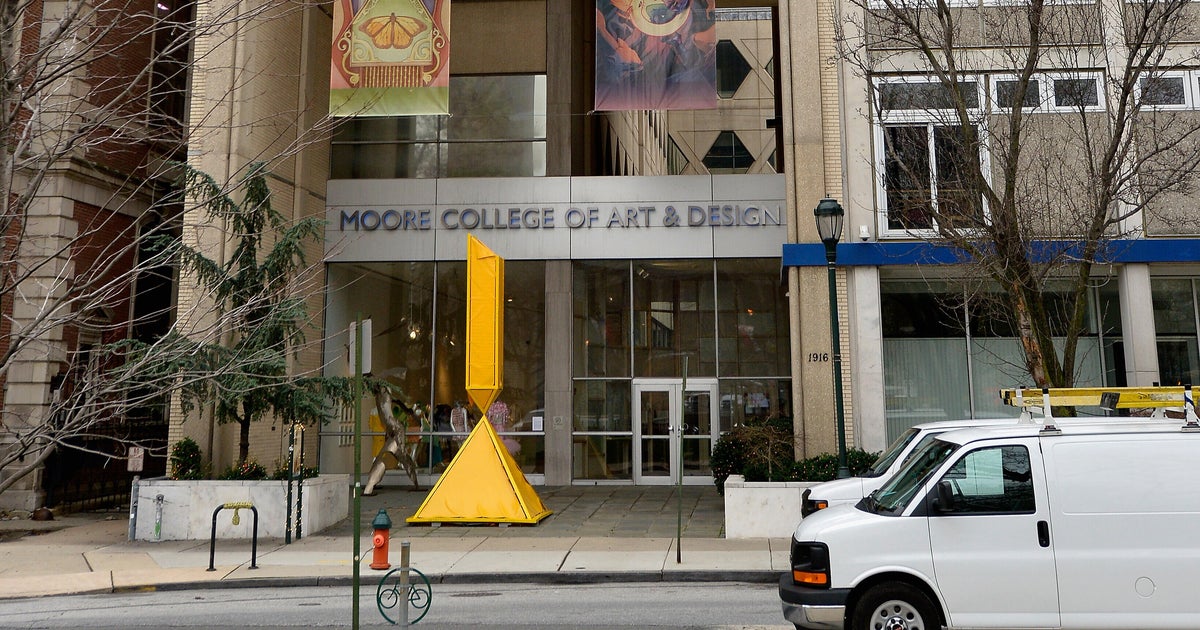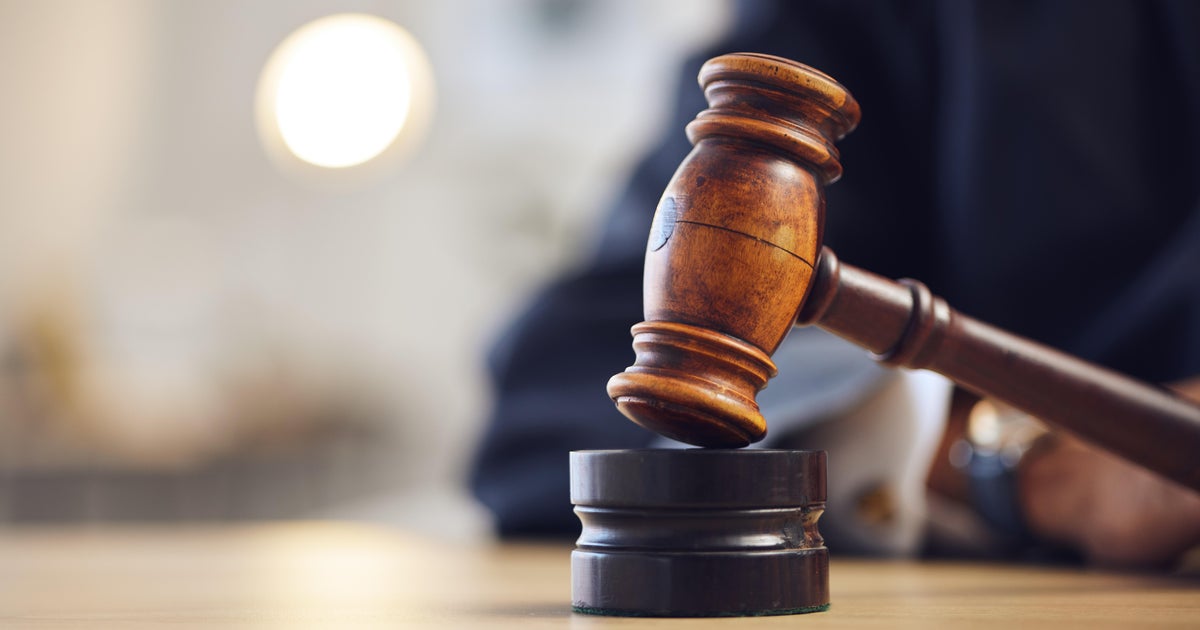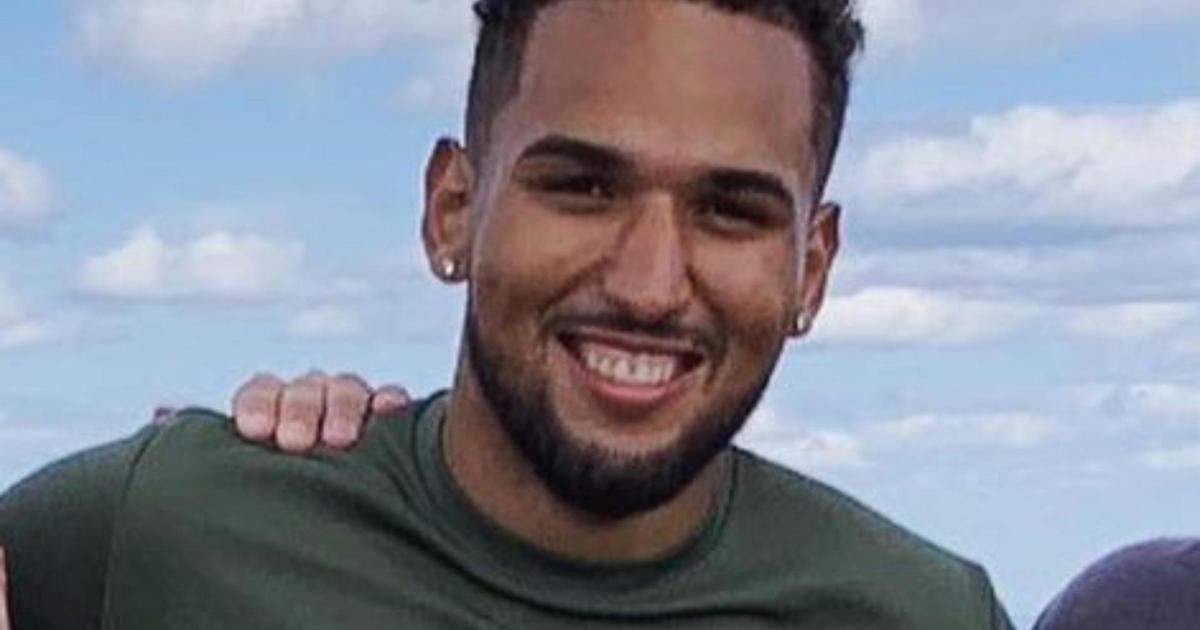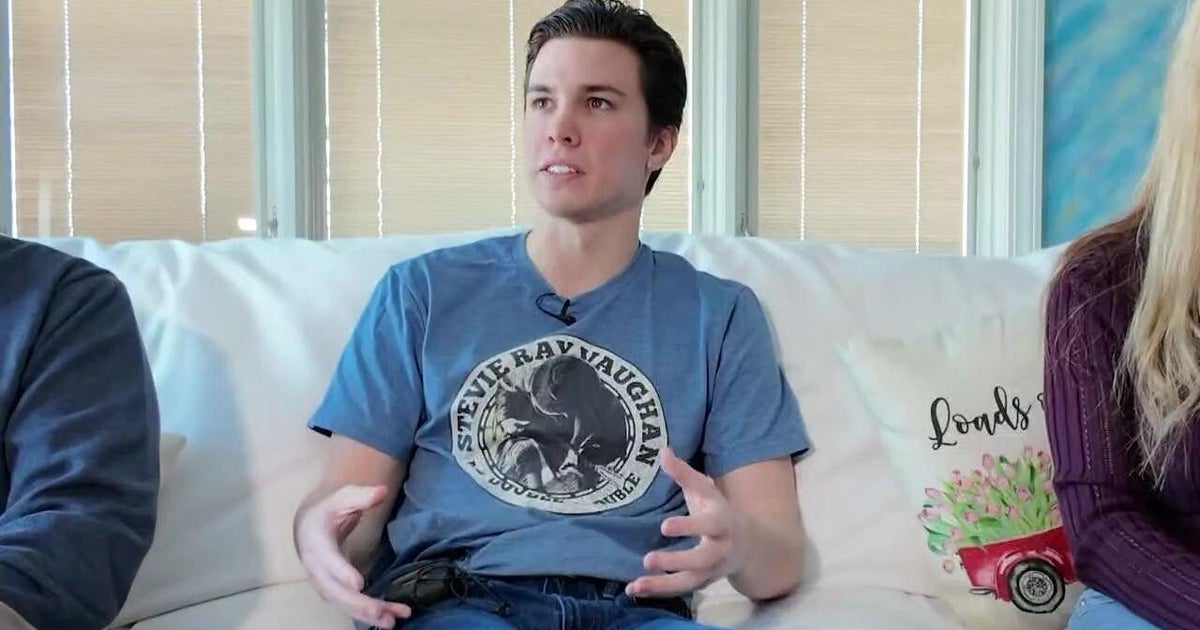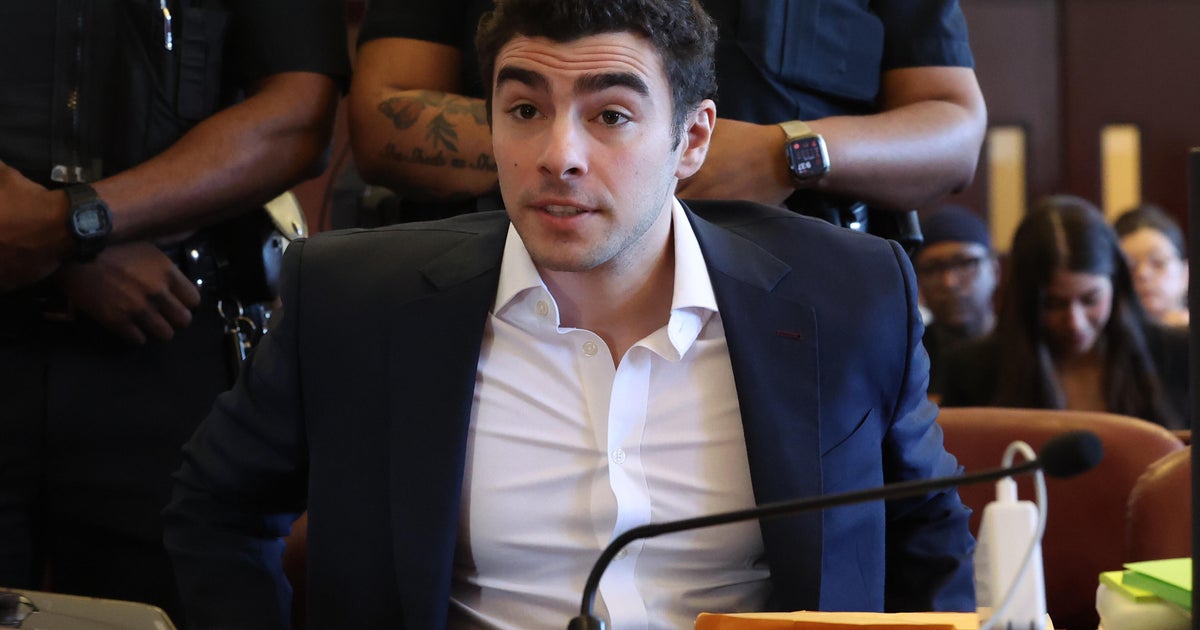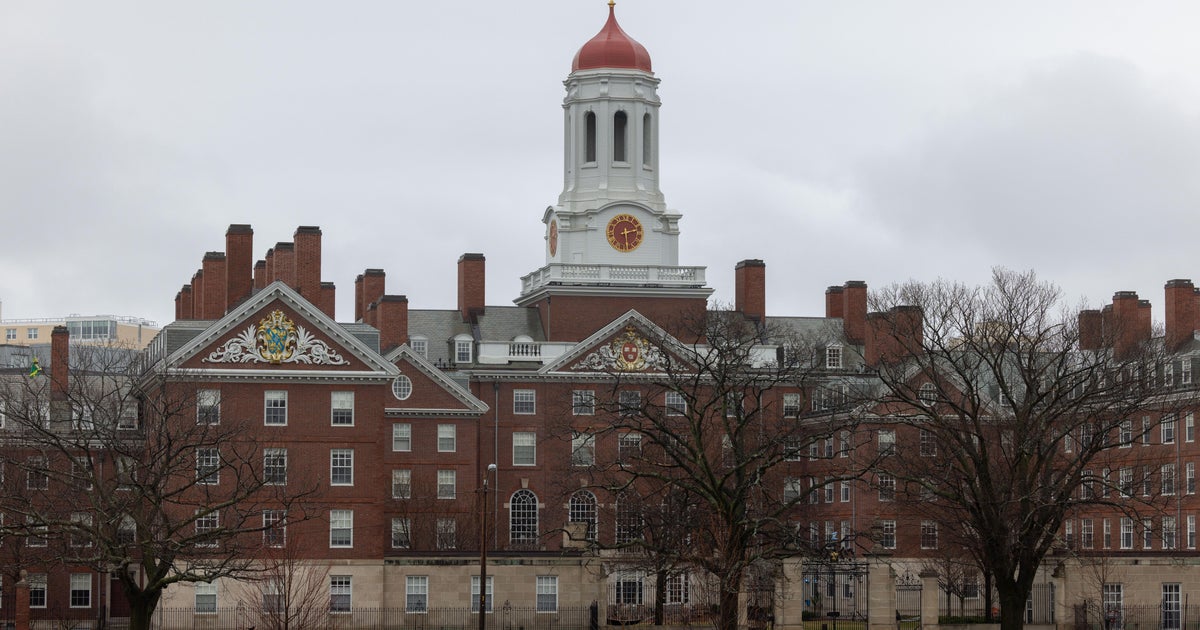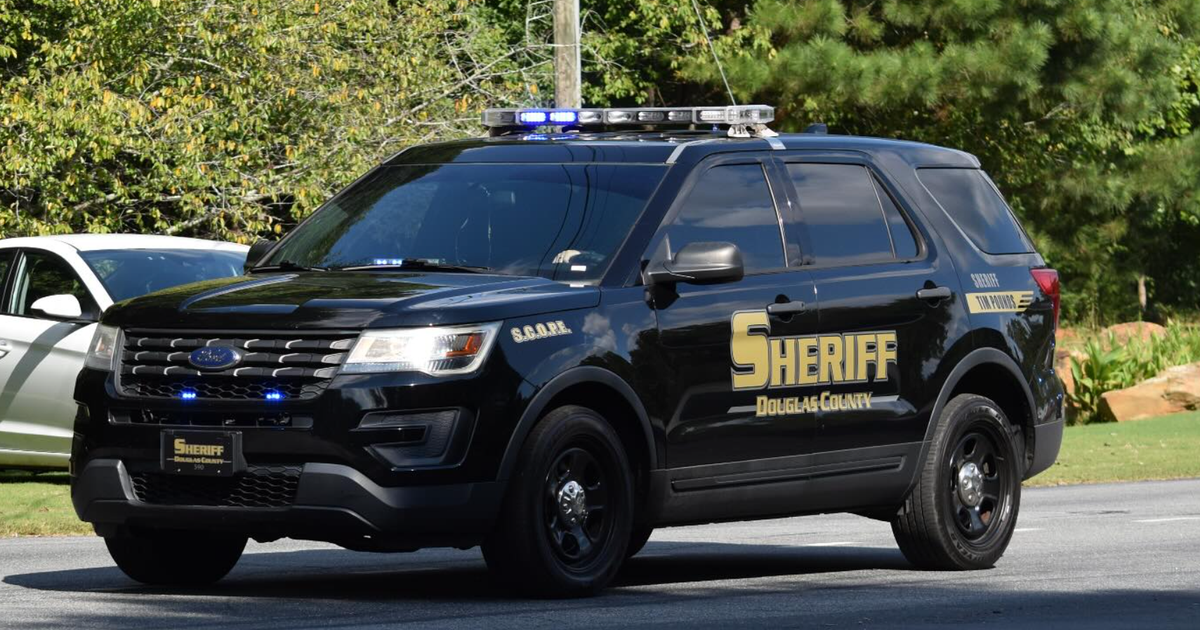NU: Journalism Professor 'Undermined' University
UPDATED 04/07/11 10:51 a.m.
EVANSTON, Ill. (CBS) -- Northwestern University says a journalism professor known for helping free prisoners on death row has "undermined" the university's integrity with lies and false statements.
David Protess, a professor at the Medill School of Journalism, has been placed on leave from teaching and heading up the Medill Innocence Project, Northwestern said in a statement.
Medill dean John Lavine decided to take action against Protess after a review by the university about the practices of the Innocence Project. The review found what Northwestern termed "numerous examples of Protess knowingly making false and misleading statements to the dean, to university attorneys, and to others," according to the statement.
"Such actions undermine the integrity of Medill, the university, the Innocence Project, students, alumni, faculty, the press, the public, the state and the court," Northwestern said.
The allegations deal specifically with the case of Anthony McKinney. Protess and his students said McKinney had been wrongly convicted of the 1978 murder of a security guard in Harvey, and investigated the case from 2003 through 2006.
Two years ago, Cook County prosecutors subpoenaed notes and recordings from the Innocence Project. Among the information subpoenaed was students' grades, private e-mails, Protess' syllabus, and memoranda the students had created as part of their investigation into the McKinney case.
Prosecutors said they wanted to investigate whether the students may have skewed their findings to get a good grade, a claim Protess and his students denied from the beginning.
In an effort to cooperate with the subpoena, Northwestern officials needed to know which materials could be protected by a claim of reporters' privilege, versus which ones would have to be turned over, the statement said.
University attorneys relied on Protess to make that distinction, and Protess said the students' memos were privileged. Thus, the university took that position in court, according to the statement.
But at a court hearing in June of last year, it turned out McKinney's attorneys had the student memos, even though Protess said they'd never been shared outside of Medill, the statement said. The university's position in court was thus rendered unsupportable, and the law firm Sidley Austin withdrew its representation of Protess, the statement said.
A review of evidence by the firm Jenner and Block discovered that despite claims to the contrary, Protess had authorized the release of the student memos to McKinney's attorneys, and knew that he had waived any claim of reporters' privilege for the memos in doing so, the statement said.
The university claimed further that Protess deliberately tried to hide the fact that he had released the memos to McKinney's attorneys.
Protess had written in a 2007 e-mail to McKinney's attorneys, "My position about memos, as you know, is that we share everything with the legal team, and don't keep copies," but when the dean and attorneys requested a copy of the e-mail two years later, it had been changed to read, "My position about memos, as you know, is that we don't keep copies," Northwestern said.
In a response to CBS 2, Protess strongly denied the allegations, and accused Northwestern of making "wild accusations to justify a suspension from teaching that violates their own rules."
He admitted that he had not remembered that the memo was disclosed to McKinney's attorneys, but emphasized that faulty memory does not constitute a lie.
Protess also forwarded an e-mail from Northwestern General Counsel Thomas Cline, which he said proves the university originally believed Protess had only misremembered distributing the memos, and had not lied.
"I recognize that it is often difficult to recall fully and accurately matters that occurred several years ago," Cline wrote Protess in the Oct. 10, 2010, e-mail. "It now appears, based upon what we learned from the Center on Thursday, that some of your statements and recollections regarding materials published to the Center may not have been completely accurate."
News that Protess had been removed from teaching first surfaced last month. Students who planned to take the course signed a petition asking university officials to reconsider, and said they would otherwise drop the class.
"If removing Protess is part of an effort by the university to discipline him for defending the integrity of the Innocence Project to which he and decades of students have given so much, please know that you are not punishing Prof. Protess half as much as you are his students, and the two men still sitting behind bars," the petition last month said.
The Medill Innocence Project has been behind investigations that brought freedom to more than 10 inmates wrongly convicted of murder – some even from Death Row.
Protess and his students made headlines in 1999, when after months of digging for clues, they found evidence that Anthony Porter did not commit the 1982 murders of which he was convicted and sentenced to death.
"We all feel collectively outraged that Anthony Porter was allowed to sit on death row for 16 years in the first place, and came within hours of being executed," Protess told reporters at the time. "That's a sobering thought."
Porter had been convicted of killing two teens – Marilyn Green and Jerry Hillard – in Washington Park in August 1982, and was sentenced to death. But the man who implicated Porter recanted his claims to a Northwestern student in 1999, saying police had tortured him into fingering Porter.
The case was the catalyst for Gov. George Ryan's decision to put a moratorium on executions in Illinois in 2000, after it was discovered that 13 innocent people were on death row. Last month, Gov. Pat Quinn signed a bill banning the death penalty in Illinois.
